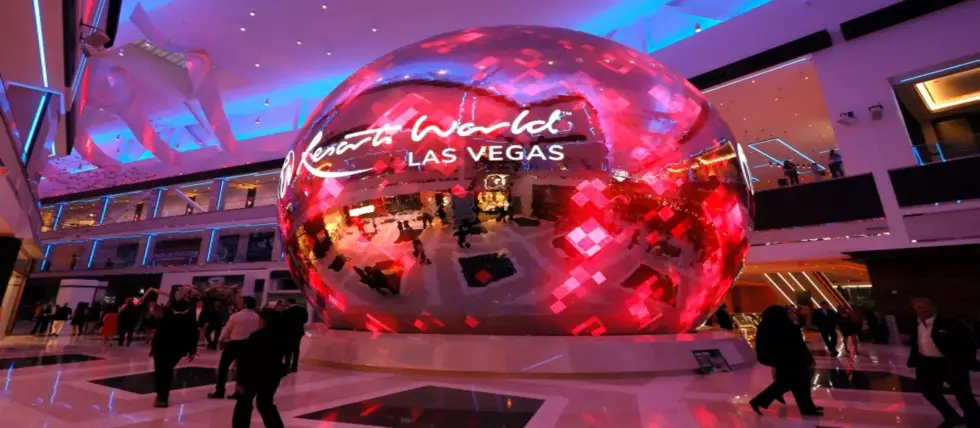Las Vegas Hacking Conventions Leads to Resorts World Room Inspections
The presence of two major cybersecurity conferences in Las Vegas has prompted Resorts World to implement daily room inspections as a security measure. These inspections follow recent hacking events that disrupted operations at several Las Vegas-based gaming properties.

The Las Vegas Review-Journal reports that these "non-intrusive" inspections are a response to the Black Hat USA convention, concluding today at Mandalay Bay, and Def Con 32, the longest-running hacking conference in the US, which starts today and continues until Sunday at the Las Vegas Convention Center.
Resorts World's proactive stance is influenced by recent cybersecurity incidents in the city, particularly the increasing ransomware threats targeting the Strip's casinos and hotels. Last year, MGM Resorts International and Caesars Entertainment were victims of ransomware attacks, which led to significant data breaches and financial losses. These incidents have heightened awareness and prompted stricter security protocols across the industry.
The inspections, which began on Monday, are part of a week-long initiative to ensure guest safety and protect the integrity of the resort's operations. A statement from Resorts World emphasized the importance of these measures, stating that they are standard practice in many of Las Vegas' premier hotels during periods of heightened risk.
As Las Vegas hosts these prominent cybersecurity events, the actions taken by Resorts World reflect a broader trend of increased vigilance in the hospitality industry. With cyber threats evolving and becoming more sophisticated, such preventive measures are crucial for safeguarding guests and the business's digital infrastructure. The resort's commitment to security, while potentially inconvenient for some, is a testament to the changing landscape of hospitality management in the digital age.
More Business News
Cyberattacks a Big Concern
Ransomware attacks, like those experienced by MGM and Caesars, typically involve the encryption of a victim's files by hackers, who then demand payment for the decryption key. In the case of MGM Resorts International, the attack resulted in a reported $100 million loss for the third quarter alone, illustrating the severe impact such incidents can have on large corporations.
Caesars Entertainment, on the other hand, chose to pay a multimillion-dollar ransom to prevent further damage. The company initially denied having given in to the demands, but later recanted its statement and admitted that it had handed over the money.
In both cases, the hacking group Scattered Spider was implicated as the entity behind the attacks. Three members of the group, including the alleged leader, have since been arrested.
These security concerns are not new to Las Vegas. Following the Route 91 Harvest festival shooting in 2017, hotel room inspections have become more common as a precautionary measure. Resorts World assures that its inspections will be conducted with the utmost respect for guest privacy and convenience, adhering to strict protocols to minimize disruption.
While the focus this week is on the hacking conventions, the broader implications of these security measures extend beyond the immediate events. They represent a shift in how businesses approach cybersecurity, recognizing the importance of proactive defense strategies in an increasingly connected world.
RELATED TOPICS: Business
Most Read
Must Read
 Interviews
Interviews
Sweepstakes Casinos: Thriving in an Ever-Changing Industry – Interview with Attorney Stephen C. Piepgrass
Feb 17, 2025 Interviews
Interviews








Review this New Post
Leave a Comment
User Comments
Comments for Las Vegas Hacking Conventions Leads to Resorts World Room Inspections